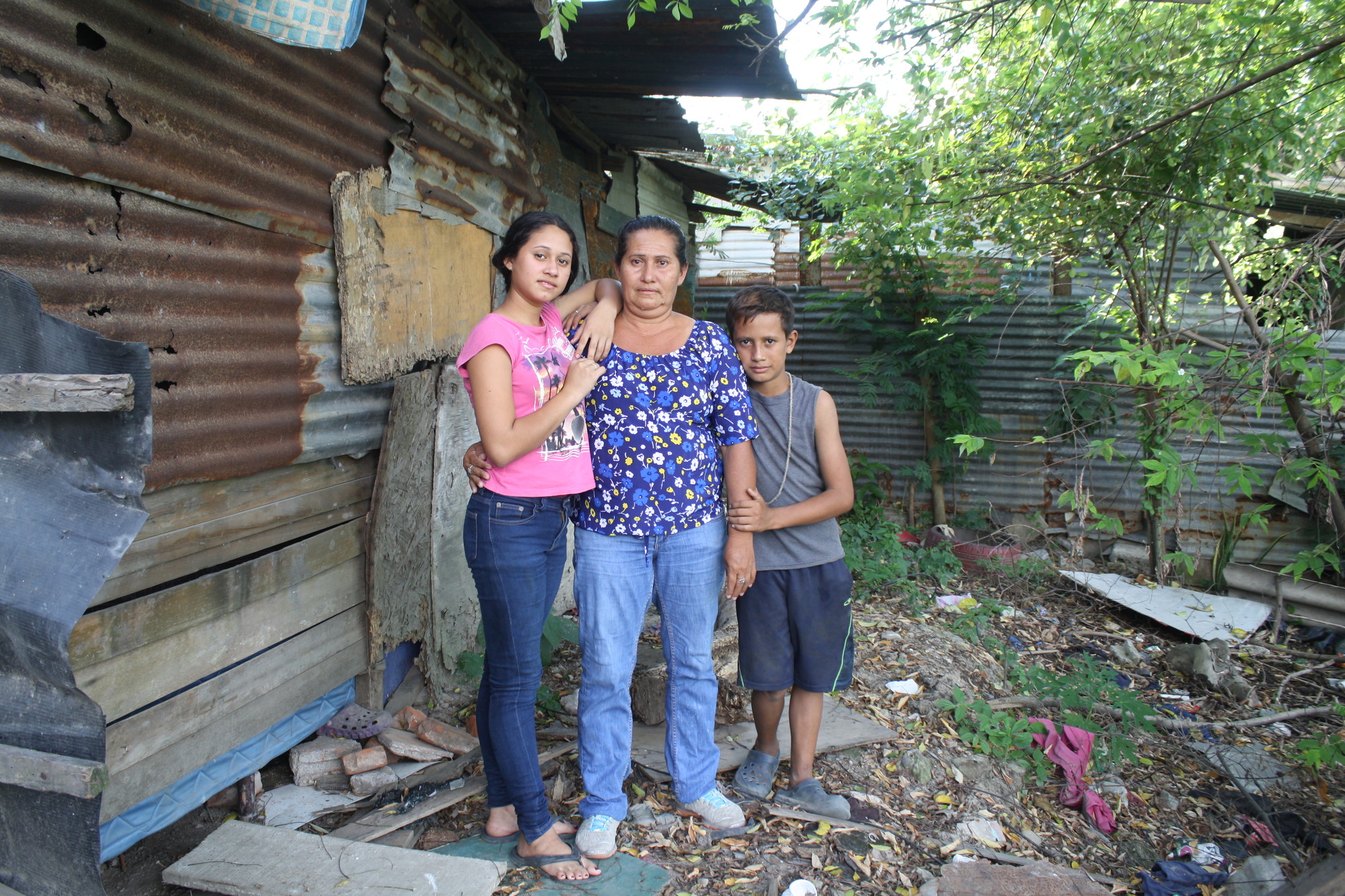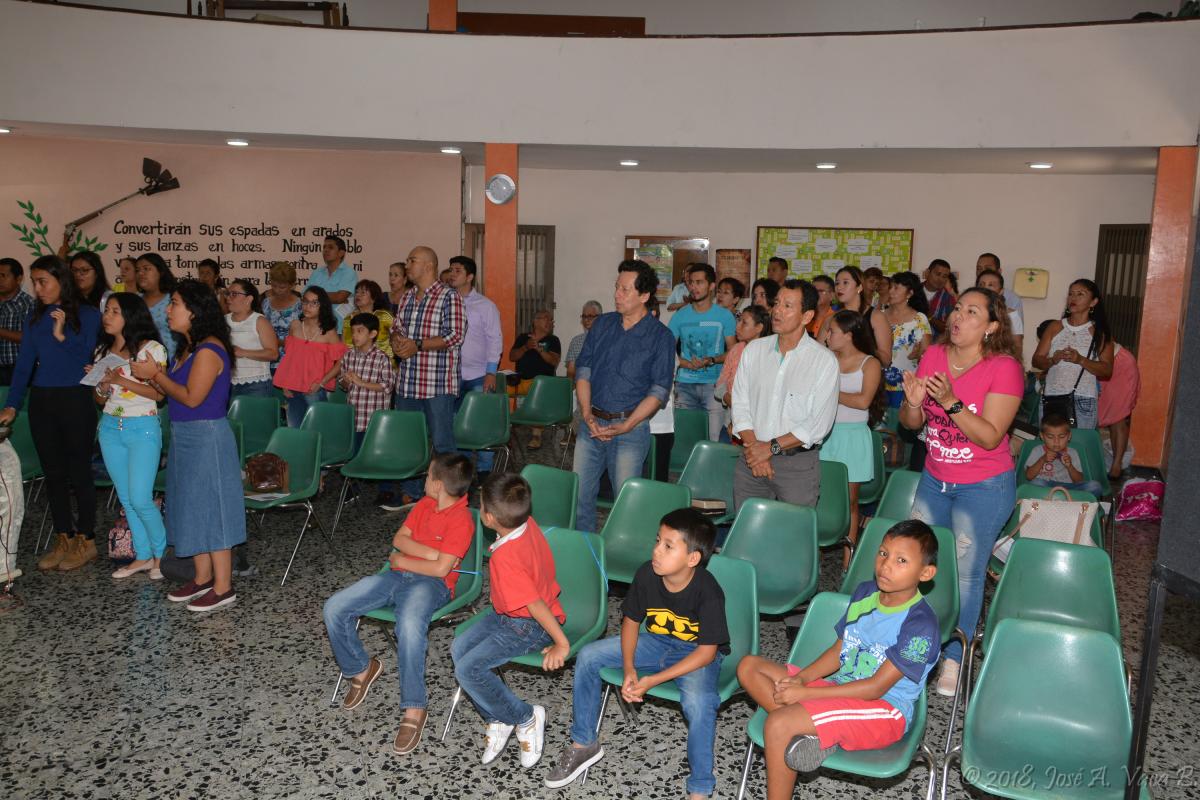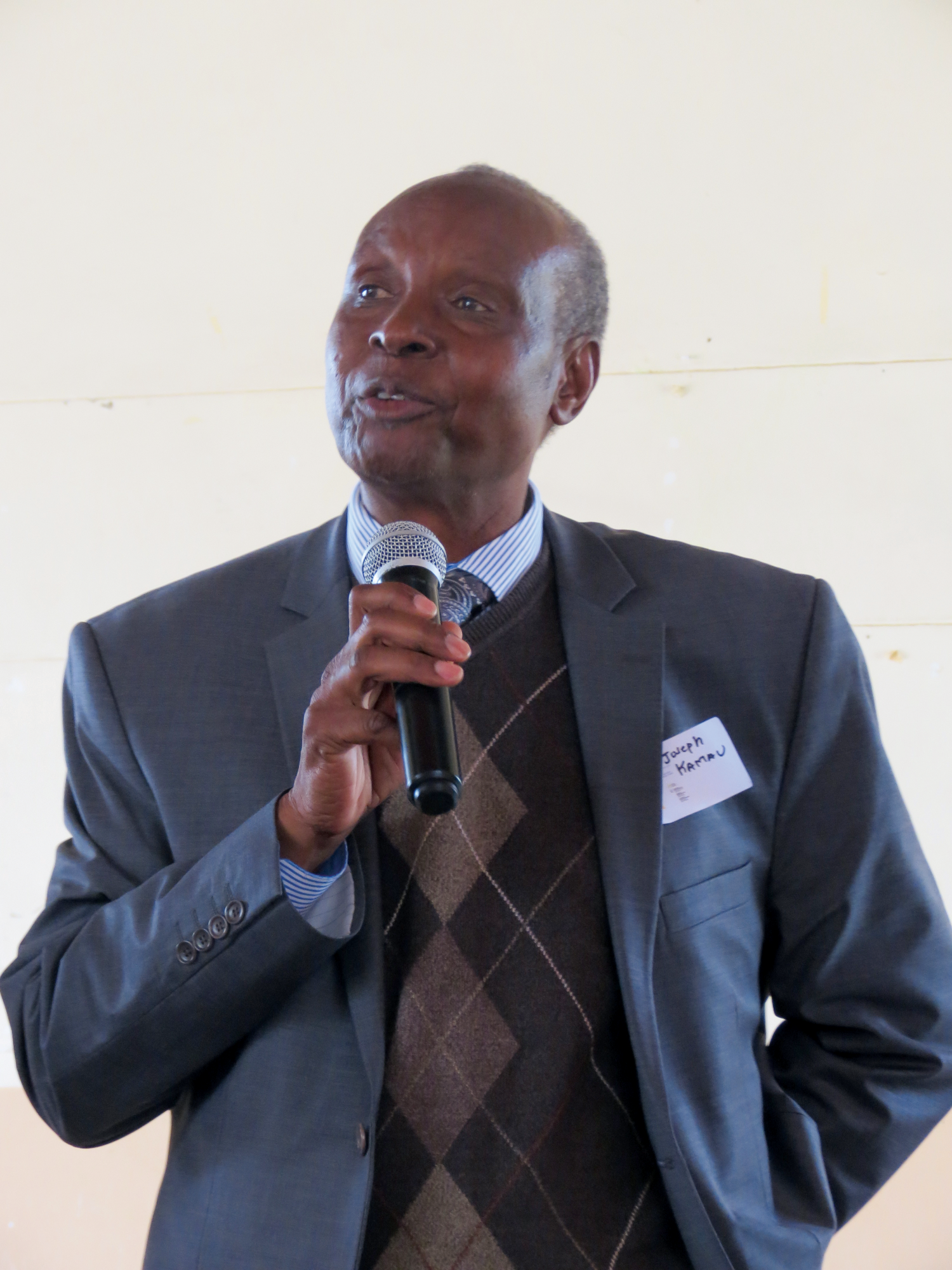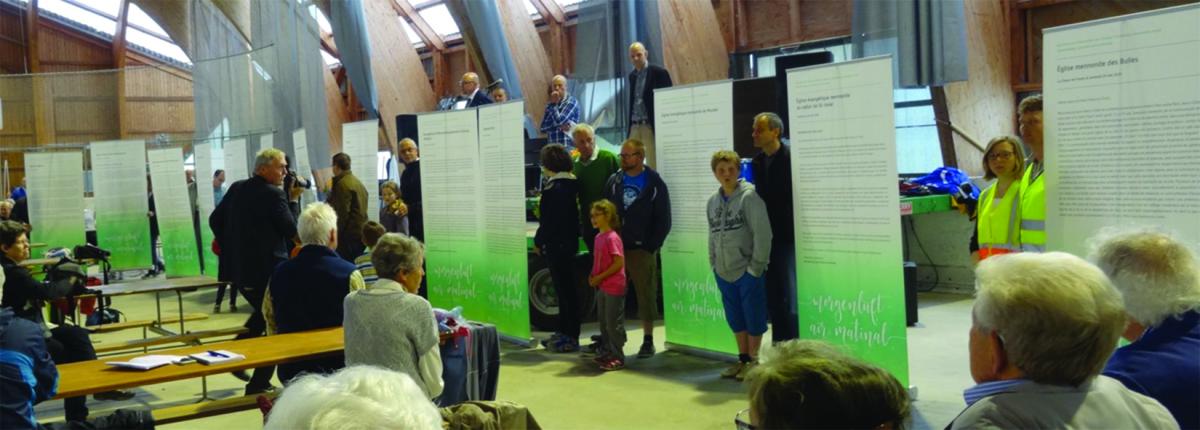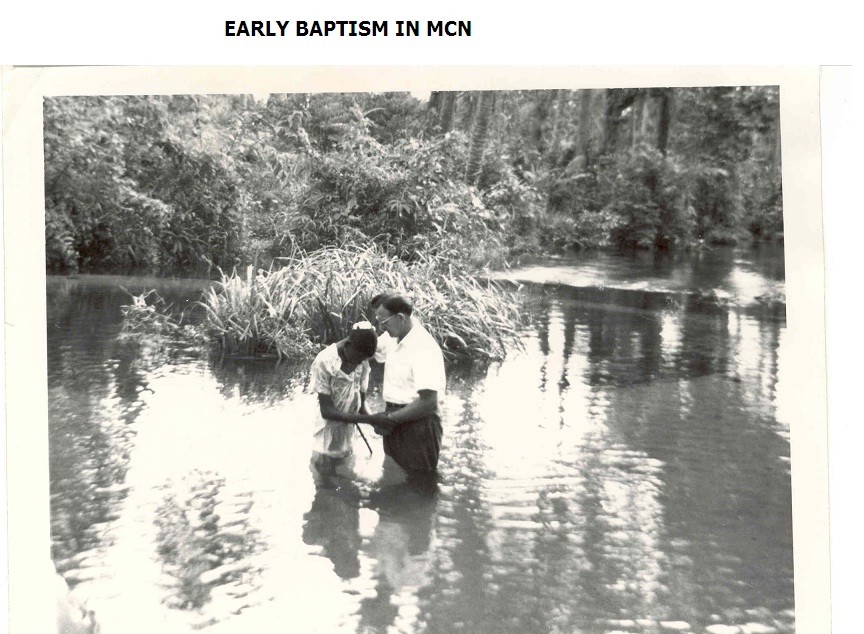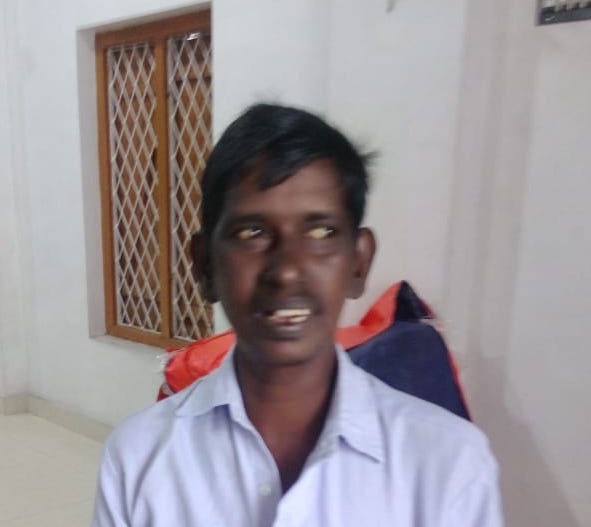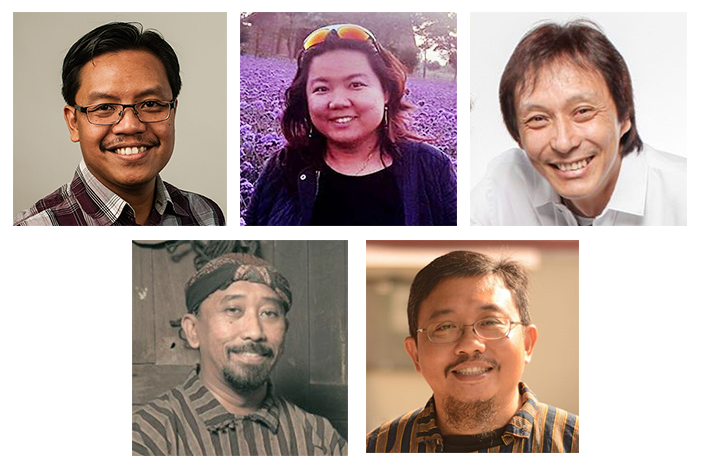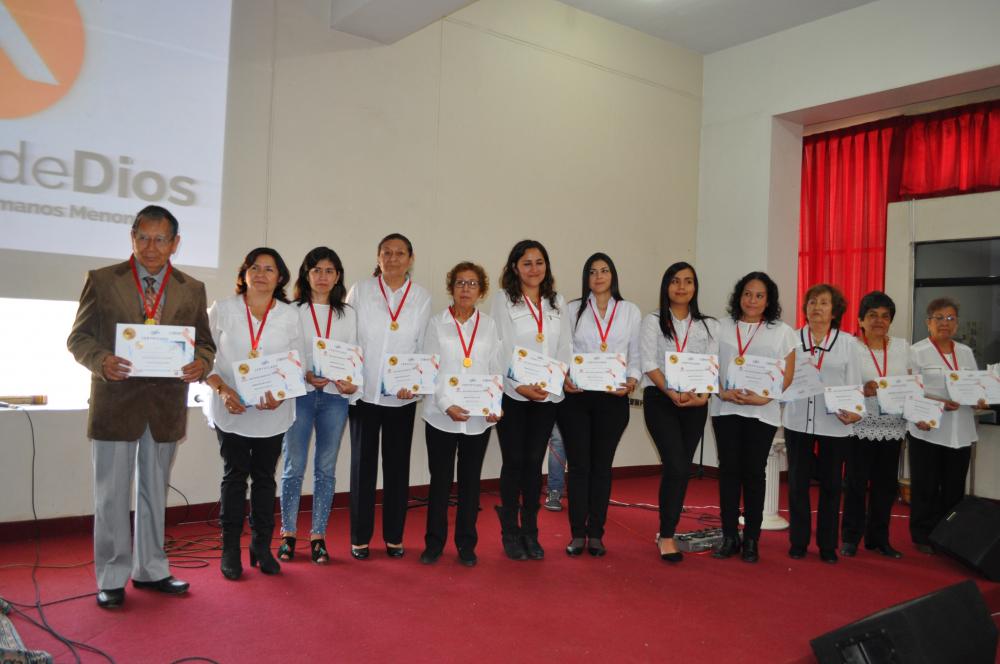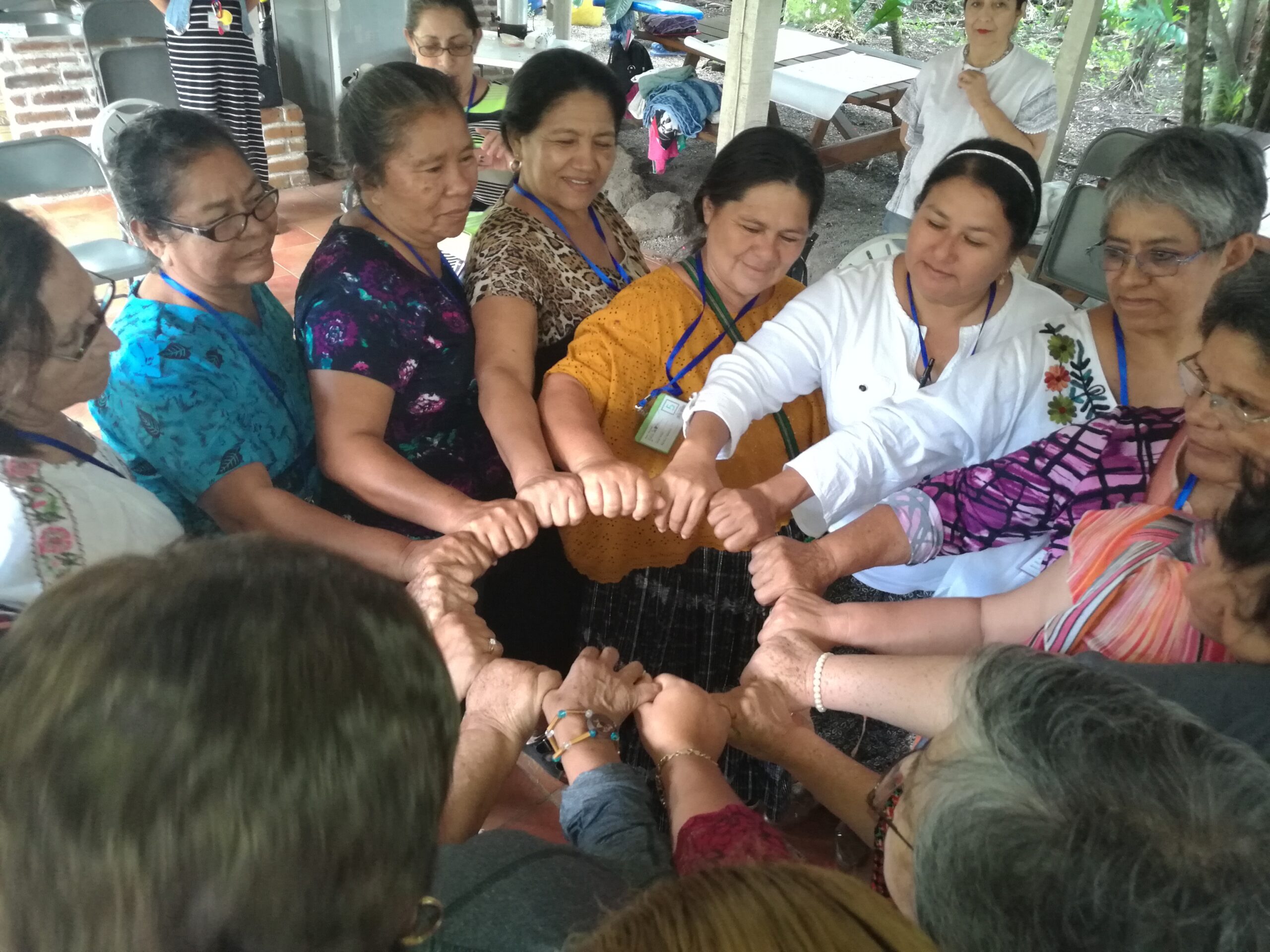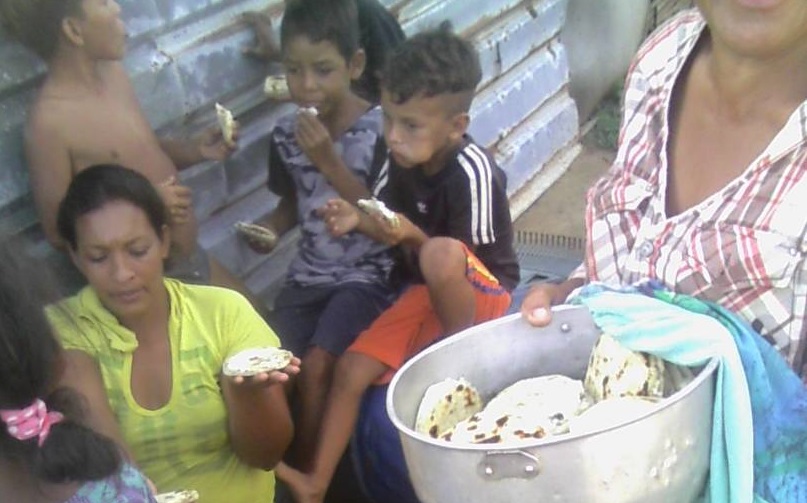-
Migrant solidarity in the Honduran church
Migration is shifting populations around the globe. Motives are diverse, from meeting basic needs, to fleeing violence and seeking opportunities. People balance the hope of a better life for their children against the challenges of dangerous passage, cultural adjustment, and government regulations. Churches are affected as they lose members to migration and gain opportunities to
-
Responsive Prayer
Text: Luke 4:18-21 (NRSV) Leader: The Spirit of the Lord is upon me, because he has anointed me to bring good news to the poor; All: Forgive us, Lord, for the times our actions have not been consistent with the message of Good News to the most vulnerable. Leader: He has sent me to proclaim
-
Holy Spirit Breakthrough in East Africa
“In the last days it will be, God declares, that I will pour out my Spirit upon all flesh, and your sons and your daughters shall prophesy, and your young men shall see visions, and your old men shall dream dreams” (Acts 2:17). Bishop Kisare was sitting by the great tree where the first Mennonite
-
A transformed spirit of listening
At Renewal 2027 – The Holy Spirit Transforming Us in Kisumu, Kenya, 21 April 2018, several people shared a testimony of experiencing the Spirit’s work changing people in the church. The columns in this section have been adapted from their presentations. It was time to come together for a church community day and celebrate – but celebrate what? God’s faithfulness in the past in our long history
-
A transformed spirit of answered prayer
At Renewal 2027 – The Holy Spirit Transforming Us in Kisumu, Kenya, 21 April 2018,several people shared a testimony of experiencing the Spirit’s work changing people in the church. The columns in this section have been adapted from their presentations. The Holy Spirit is the third person of the Trinity: God the Father, God the Son and
-
“Young people are the hope of the church”
Renewal 2027 testimony: Anabaptists today Renewal 2027 is a 10-year series of events organized by Mennonite World Conference’s Faith and Life Commission to commemorate the 500th anniversary of the beginnings of the Anabaptist movement. This series highlights leaders in the movement from history to the present “People feel excited about the Word even as their
-
A Mission Story of KMC – witnessing in faith
KMC traces her beginnings from Tanzania Mennonite Church (KMT). KMT inspired evangelists planted pioneer congregations in Kenya from 6 December 1942. Up till 1977 when the Conference was registered under Societies Act of Kenya, the KMT leadership oversaw the congregations.
-
GMT responds to Kerala flooding
Mr Kannan kutty, 45, has terminal cancer. His wife is a labourer. She and one of his sons work any job they can find to earn money. Their other son is a student. Already struggling to have enough funds for cancer treatments and living costs, the family was affected by the heavy monsoon flooding in
-
Who’s new?
The people of Mennonite World Conference are always working to create space for relationship among the members around the world. Meet the newest faces on the team. National co-coordinators for Indonesia 2021 work with the MWC Chief International Events Officer to plan the global Assembly that will welcome Anabaptist-Mennonites from around the world to a
-
Ministry partner update: ICOMB – December 2018
The International Community of Mennonite Brethren (ICOMB) is made up of 21 national churches in 19 countries with approximately 450,000 members. ICOMB exists to facilitate relationships and ministries to enhance the witness and discipleship of its member national churches – connecting, strengthening and expanding. In October, the Trujillo church La Familia de Dios (The Family
-
The Holy Spirit transforms women at MTAL retreat
“With the help of God’s Spirit, the retreat has been the means to open and free our hearts of knots and situations that prevent us from fully being women in every sense of the word,” says Gladis Velásqez Maldonado. Velásqez Maldonado is part of an emerging worldwide network of Anabaptist Women Theologians inspired at the
-
“We have learned…”
The problems in Venezuela affect the economy, relationships, health services, crime, insecurity, public services, corruption, politics, malnutrition and inflation. We decided to come to Colombia to improve the living conditions of our families, look for new opportunities and have a change in our lives. On arrival, we suffered a heavy emotional blow when we saw
